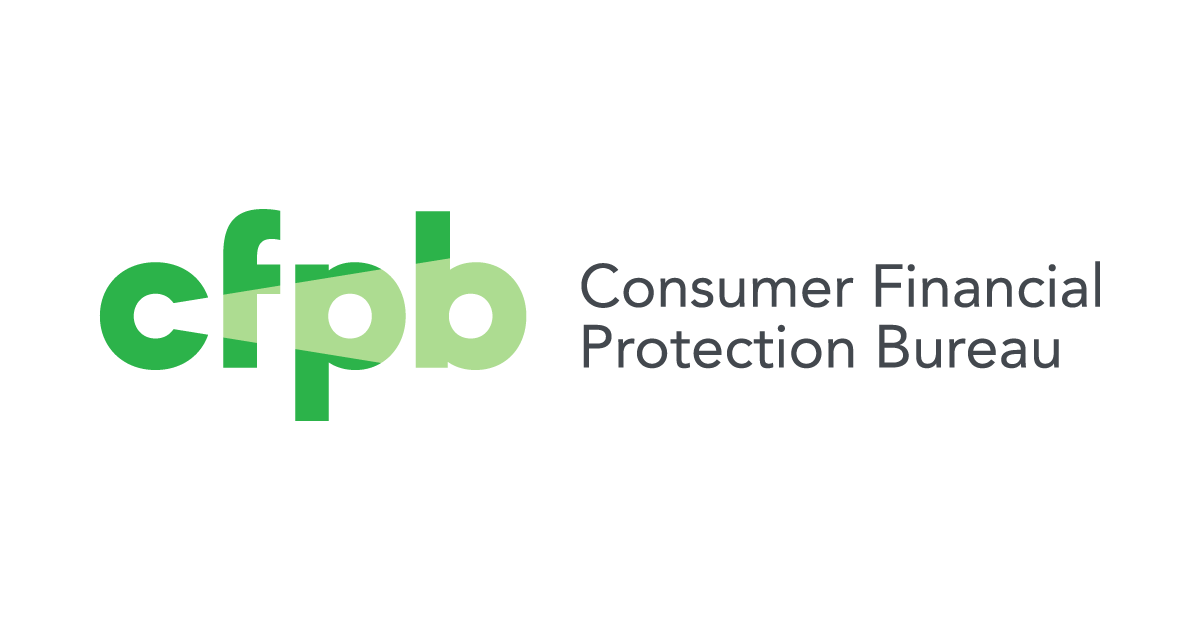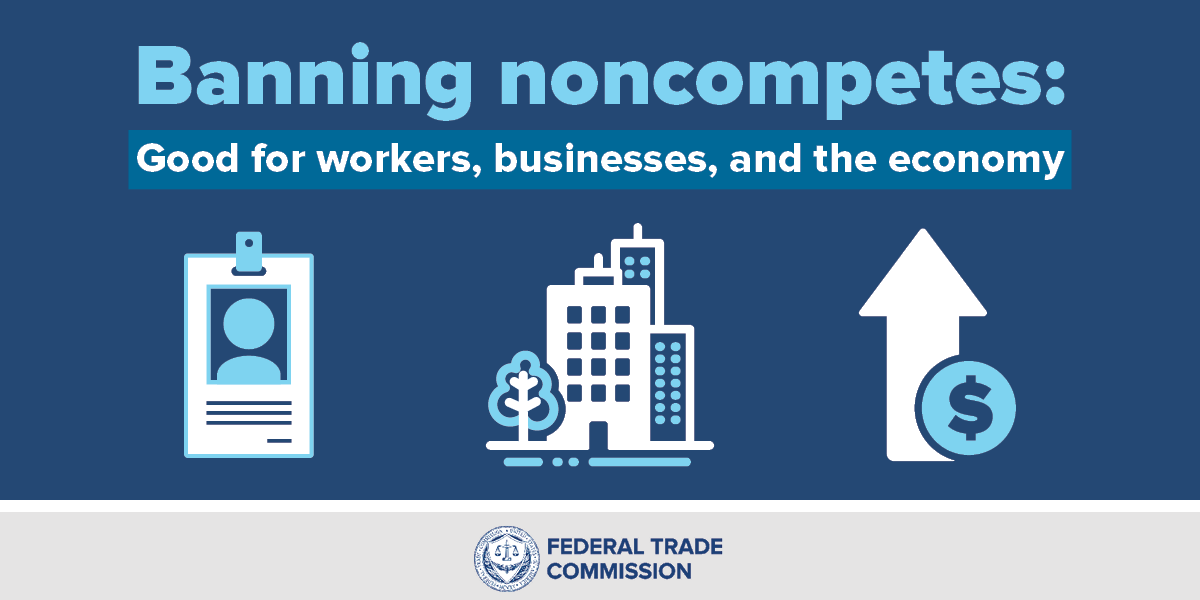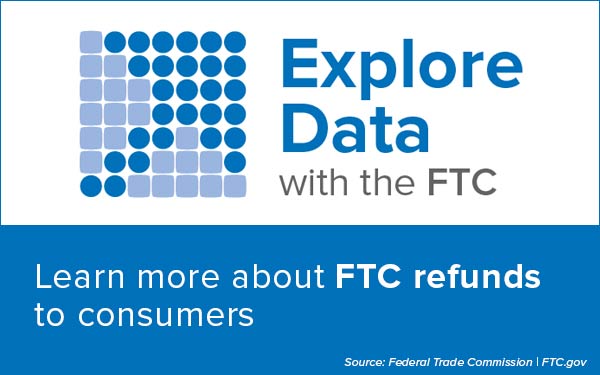Summary
For consumers, leasing is an alternative to buying property either with cash or on credit. A lease is a contract between a lessor (the property owner) and a lessee (the property user) for the use of property subject to stated terms and limitations for a specified period and at a specified payment.
The Consumer Leasing Act (CLA) (15 U.S.C. 1667 et seq.) was passed in 1976 to assure that meaningful and accurate disclosure of lease terms is provided to consumers before entering into a contract. It applies to consumer leases of personal property. With this information, consumers can more easily compare one lease with another, as well as compare the cost of leasing with the cost of buying on credit or the opportunity cost of paying cash. In addition, the CLA puts limits on balloon payments sometimes due at the end of a lease and regulates advertising.
Originally, the CLA was part of the Truth in Lending Act (TILA) and was implemented by Regulation Z. When Regulation Z was revised in 1981, Regulation M was issued and contained those provisions that govern consumer leases.
The Electronic Signatures in Global and National Commerce Act (the E-Sign Act), 15 U.S.C. 7001 et seq., was enacted in 2000 and did not require implementing regulations. On Nov. 9, 2007, amendments to Regulation M and the official staff commentary were issued to simplify the regulation and provide guidance on the electronic delivery of disclosures consistent with the E-Sign Act.
The Dodd-Frank Act granted rulemaking authority under the CLA to the Consumer Financial Protection Bureau (CFPB) and, with respect to entities under its jurisdiction, granted authority to the CFPB to supervise for and enforce compliance with the CLA and its implementing regulations. In December 2011, the CFPB restated the Federal Reserve’s implementing regulation at 12 CFR Part 1013 (76 Fed. Reg. 78500)(Dec. 19, 2011).
Today, a relatively small number of banks engage in consumer leasing. The trend seems to be for leasing to be carried out through specialized bank subsidiaries, vehicle finance companies, other finance companies, or directly by retailers.
Official news published at https://www.consumerfinance.gov/compliance/supervision-examinations/consumer-leasing-act-cla-examination-procedures/
Images courtesy of PixaBay




